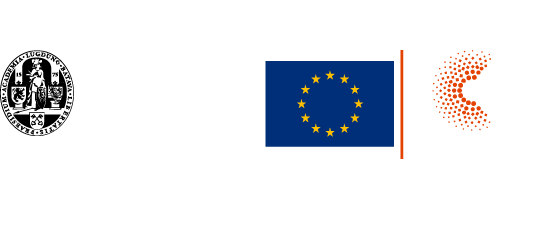
At the 2024 Pan-European Conference of the European International Studies Association (EISA PEC), members of Security Vision actively organized and presented at multiple sessions.

27/8 Motion Technologies: Socio-technical Practices For Securing Bodies In Movement
Ruben and Cyan organised an Early Career Researchers Workshop (ECW) Motion Technologies: Socio-technical Practices For Securing Bodies In Movement, which took place with eight other participants and senior discussant Lauren B. Wilcox. Read further about this workshop on the open call page.
28/8 Restyling International Relations: Art, Affect, Resistance
At the panel "Restyling International Relations: Art, Affect, Resistance", Francesco presented among other things the collective work of Security Vision. He highlighted how multimodal methods, such as combining visual, sensory, and performative approaches, provide unique opportunities to access non-propositional forms of knowledge. These methods challenge traditional analytical frameworks and opening up new avenues for understanding complex global dynamics.
29/8 Performative Knowledge: Re-enactment in International Politics
Francesco, Ruben, and Cyan presented papers at the panel Performative Knowledge: Re-enactment in International Politics. This panel investigated re-enactment both as a research method and as a practice of security and international politics.
Francesco and Cyan presented their work under the title "Re-enacting Algorithmic Security through Film Practice", where they discussed how re-enactment is mobilised throughout different disciplines and presented a case using re-enactment to study datasets of emotional expression.
Ruben presented his work under the title "Technographic Techniques: Critical Re-Modelling of Deviance" in which he examines the intricate temporal operations of algorithmic movement tracking and their political effects.

30/8 Sensing Security: How Technologies Are Reshaping Security Perceptions, Sense-Making and Everyday Practices
As part of a collective paper on Sensing Security, Ruben presented Sensing as cascading transductions in which he examines how the assembling of camera+computer is sometimes designated as sensor. What can we learn from this black-boxing of the sensor? And, in turn, if we unpack the sensor, what can we learn about the ways in which sensors articulate realities?

 The Algorithmic Security
The Algorithmic Security 